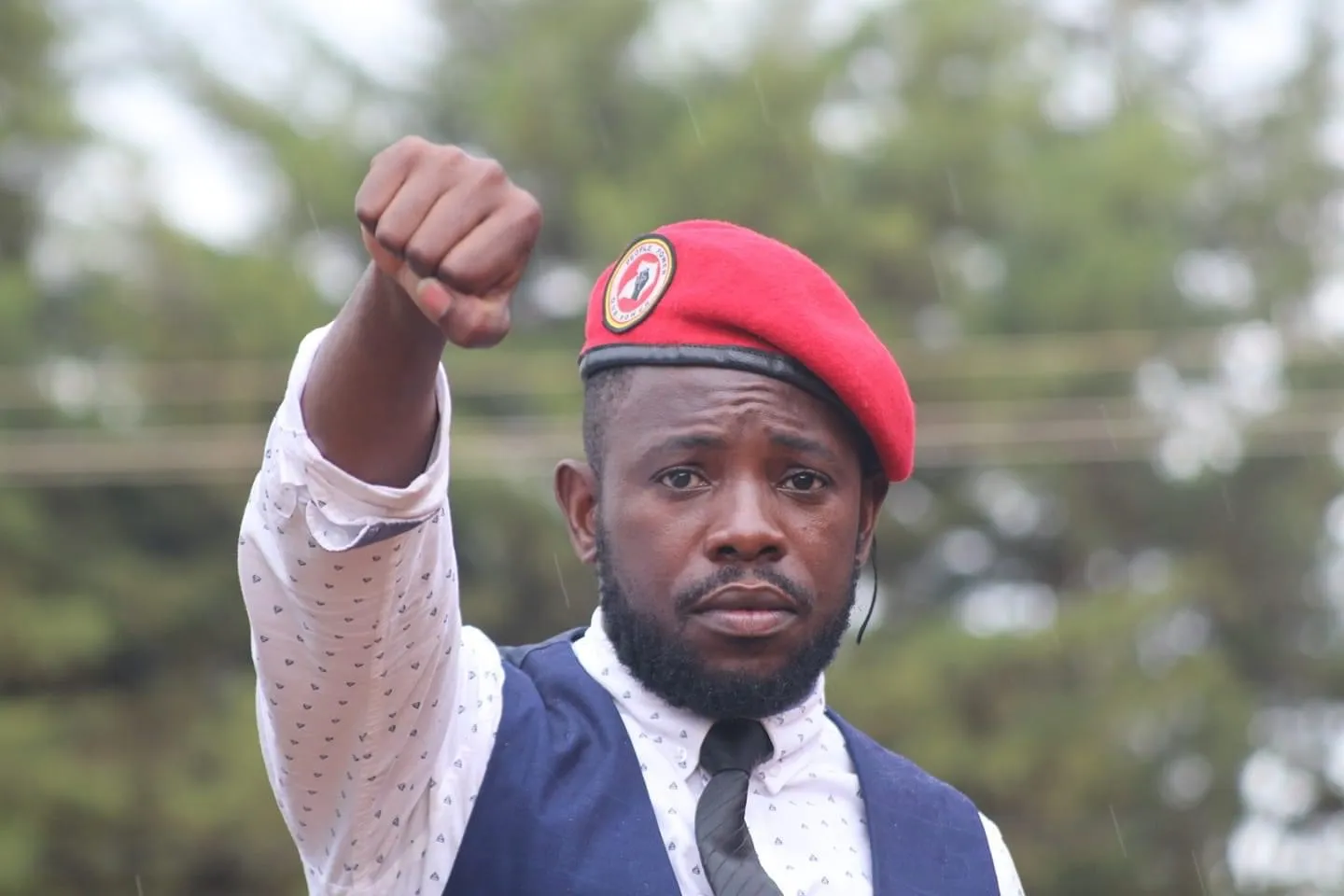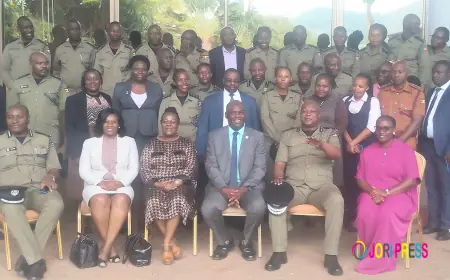Uganda’s suicide crisis: Why we can’t afford silence any longer


 It is no secret that Uganda is struggling under the weight of an economic crisis.
It is no secret that Uganda is struggling under the weight of an economic crisis.
Food prices are climbing, jobs are scarce, and the future feels increasingly uncertain for many people. But behind the headlines about survival, inflation and debt is another crisis, quieter yet deadlier: suicide.
According to the World Health Organization, more than 720,000 people die by suicide each year. Suicide is now the fourth leading cause of death among young people aged 15–29, a group that should be shaping the world’s future.
What is even more disturbing is that 73 per cent of these deaths happen in low and middle-income countries like Uganda, where mental health care remains painfully limited. Uganda’s reality is just as sobering.
In 2024 alone, Mental Health Uganda’s toll-free counselling line received over 1,000 calls from people struggling with suicidal ideations. Two out of three callers were men, and the majority were under 30 years old.
Think about that: young men and women, just beginning their adult lives, already feeling so hopeless that death seemed like their only option. And these calls are not isolated statistics. The Uganda Police Force recorded 218 attempted suicide cases last year, numbers that likely represent only the tip of the iceberg.
For every attempt captured in official reports, countless others go unreported, hidden by stigma, shame, or silence. When you put these figures side by side with the current economic turmoil, the picture becomes clearer.
Unemployment, underemployment, and the rising cost of living are pushing many families to the edge. Parents are struggling to pay school fees. University graduates are failing to find jobs. Breadwinners can no longer provide for their households. For many, the daily grind feels less like living and more like surviving.
At Mental Health Uganda, we believe that suicide is not just a personal tragedy; it is a serious public health crisis that is robbing Uganda of its young people, its future workforce and its innovators. These words ring true.
Suicide does not just take lives; it steals potential, hope and the very people we need to move Uganda forward. So, what must be done? First, we must recognize that anyone can be a victim of mental health problems at any time in their lives.
Regardless of whether we are professionals or not, we all have the capacity to recognize and do timely referral for people with mental health issues to professional services. Mental Health Uganda’s toll-free helpline is one powerful example.
Confidential, accessible and free, the line gives people in distress a lifeline in their darkest moments. One of our biggest challenges has been with the referrals. Beyond just having the policy on the shelves, we need to see mental health fully integrated into the primary healthcare system.
This should be supported with prioritized financing. Second, we must tackle stigma head-on. Too often, conversations about suicide are hushed or hidden, and treated as moral failure. It is further worsened by different cultural perspectives about suicide.
Just like many state legislations on attempted suicide including in Uganda, the intention is to punish the victim where no one was available to provide support at their time of need.
To overcome stigma, the focus should be shifted to open communication, social contact, education and challenging negative stereotypes. Third, the government should embrace efforts on the decriminalization of suicide in Uganda.
Criminalization prevents people from seeking timely help and accessing services for fear of legal implications. It also results in suicide being underreported, as families fear the potential legal ramifications after reporting these deaths as well as stigma.
However, when suicide and suicide attempts are not criminalized, more accurate information about why they happen, how they can be prevented and who is most at risk can be gathered.
This enables the government to develop suicide prevention strategies to support people at risk. Finally, each of us has a role to play. Check in on a friend. Listen without judgment.
Share the helpline number 0800 212121 on your WhatsApp groups or social media. Sometimes, knowing that someone cares can be the difference between life and death. Let us not remain silent. Be involved and save our future.
The author is the executive director at Mental Health Uganda
What's Your Reaction?
 Like
0
Like
0
 Dislike
0
Dislike
0
 Love
0
Love
0
 Funny
0
Funny
0
 Angry
0
Angry
0
 Sad
0
Sad
0
 Wow
0
Wow
0
















































